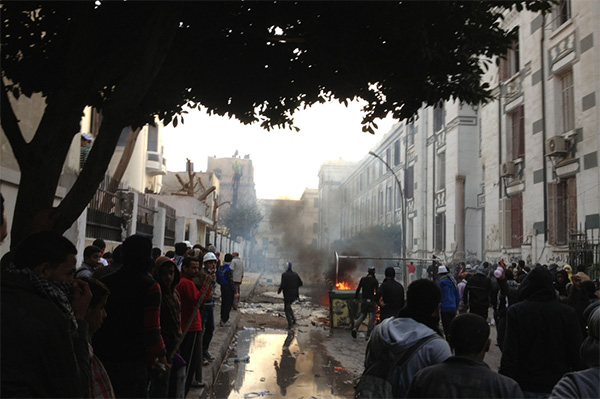LIVE-AR seminar series 2023/2024
« Activists Pathways and political crises » seminars
During the 2010s, Arab societies witnessed popular uprisings on an unprecedented scale. These movements succeeded in bringing together people from all walks of life:long-standing activists and first-time protesters, from wealthy and precarious communities, students and workers, young and old… women and men who were previously ‘voiceless’ (Spivak, 2003) and who then became revolutionaries. Often described as apolitical, they all marched with hope of a profound change. However, a decade later, a strong sense of disillusionment has set in across the region. Wars, failed political transitions and authoritarian takeovers seem to have buried the revolutionary projects. The ERC LIVE-AR studies the ‘afterlives’ (Filleule et al., 2018; Ross, 2005) of these revolutionaries in four countries of the region: Syria, Egypt, Tunisia and Morocco. While some of them continue to defend the revolutionary cause, investing themselves in new areas of commitment, others have abandoned all forms of activism to concentrate on other spheres of their lives (professional, educational, emotional, etc.). The medium- and long-term consequences of their participation in the uprisings remain an open question.
Relying on the comparative work already initiated as part of the project, the LIVE-AR team wishes to extend the debate to other geographical areas, historical timeframes and survey methods. In this context, the “Activists’ pathways and political crises” seminar series aims to provide a forum for monthly exchanges on how political crisis – whether revolutionary situations, civil wars or post-conflict situations – shape biographical trajectories and activist careers. Building on a growing scholarship that focuses on the microsociological level and on the ‘biographical consequences of commitment’ (McAdam, 1989; Giugni, 2013; Giugni and Grasso, 2016; Pagis, 2014; Fillieule et al, 2018; Passy and Monsch, 2019), we will be bringing together various disciplinary approaches (history, anthropology, sociology,political psychology and political science) and invite researchers working on different countries (Northern Ireland, Morocco, Tunisia, Egypt, etc.) and political contexts. The aim is to establish a dialogue between diverse approaches to biographical trajectories, through the prism of gender studies, the political sociology of emotions, the processes of commitment and disengagement, and the reconfiguration of relations to politics. Particular attention will also be paid to methodological issues, both in terms of data collection and methods of analysis.
Past seminars

From revolution to exile: Understanding the activist trajectories of Syrians across time and space
June 10th 2024

Afterlives of Revolution: Everyday Counterhistories in Southern Oman – with Alice Wilson
May 7th 2024

Gendered union trajectories in the Tunisian revolution – with Sarah Barrières
April 30th 2024 in Paris

Religious authority and political commitment : Syrian Sunni Ulama in revolution and war – with Thomas Pierret
March 12th 2024 in Aix-en-Provence and on Zoom

The Afterlife of Women’s Participation in the 2011 Egyptian Uprising – with Nermin Allam
February 13th 2024 on Zoom

Methodological and epistemological challenges in a study of « counter-revolutionaries »: defensive stances and moral justifications of local members of the National Congress Party (Sudan) – with Lucie Revilla
January 9th 2024 in Paris

Reconversion through imprisonment? The post-detention activist pathways of republican paramilitaries in Northern Ireland (1970-2022) » with Hadrien Holstein
December 12th 2023 in Paris

« After separation: a study on political distancing after the February 20th movement in Morocco » with Mohammed Sammouni
on 21th November 2023

« We had the dream: Narrating a life of activism in hindsight » with Molly Andrews
on 24th October 2023
